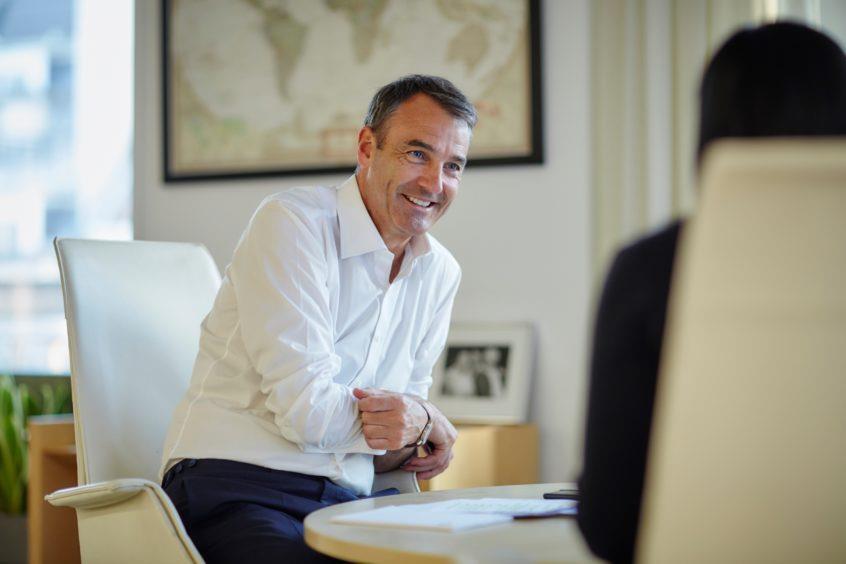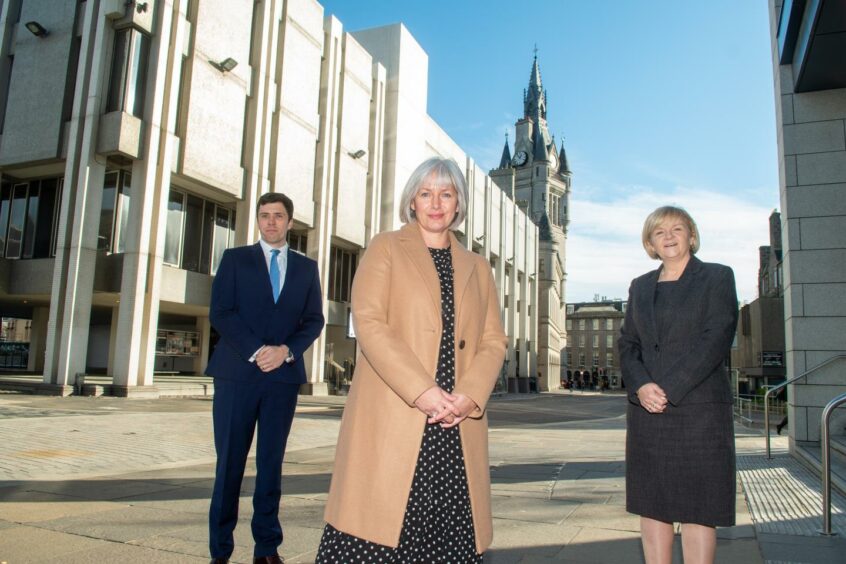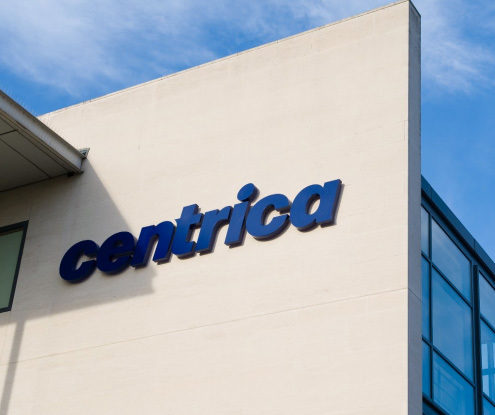
BP (LON: BP) chief executive Bernard Looney said today that the company will have no problem in funding the growth needed to fuel the transition.
Speaking following the release of the oil and gas giant’s third quarter results, Mr Looney underlined the importance of becoming an “integrated energy company”.
He says that BP’s existing operations will provide the financial base for it to invest in low carbon technologies, like offshore wind and hydrogen.
As such, BP isn’t hearing calls from investors to “break up” the business into low carbon and hydrocarbon segments.
Mr Looney said: “We believe deeply in the premise of being an integrated energy company being the way to help the world transition and to create value from doing so.
“BP needs cash flow to invest into the transition and our existing businesses generate enormous cash flow.
“When I look at some renewables companies out there, some of them struggle to fund their growth. That’s not a problem an integrated energy company will have, and it’s not a problem that we have.”
He also said that as the UK gets into the nuts and bolts of the energy transition, the importance of an integrated energy company like BP becomes “clear and clearer”.
The former head of BP’s North Sea operations said: “What other company can take natural gas, build a power station, capture the carbon, take it offshore and store it underground?
“What other company can build offshore wind , a hydrogen facility on the back of it, take that electricity and put it into the largest charging network in the UK?”
He added: “At the same time, sign a deal in Aberdeen to look at hydrogen for public transport and have a trading business to help customers hedge, plan and have reliable and predictable sources of energy.”
The oil and gas supermajor released its third quarter results on Tuesday, in which it reported pre-tax losses for Q3 of £363 million.
For the first nine months of the year, BP’s profits are £8.2 billion.
Its operating cash flow currently sits at £4.4bn, including a working capital build of £1.32bn.
BP also reduced its net debt (£23.47bn) for the sixth consecutive quarter.
While Mr Looney acknowledged that the company’s strong financial showing has been influenced by the surging oil and gas prices, he said he was “most pleased” BP has generated cash to invest in its “strategic transformation”.
Despite the optimism, Stuart Lamont, investment manager at wealth manager Brewin Dolphin, said the company still has a “long road ahead of it” to become a low carbon business.
He said: “BP has carried the momentum of the first half of 2021 into the third quarter, with a set of results that beat estimates.
“Underlying replacement cost profit – its preferred measure of profit or loss – is ahead of the second quarter of this year and well ahead of the same period in 2020, while debt has ticked down and cashflow is strong, buoyed by higher and more sustained commodity prices.
“A further share buyback and an attractive dividend are good news for shareholders, but this update being delivered during COP26 is a reminder that BP has a long road ahead of it in becoming a low carbon energy company.”
Walid Koudmani, market analyst at financial brokerage XTB, said: “BP announced another quarter of positive results, indicating rising commodity prices and improving conditions as main drivers for the company’s continued growth. The company also announced an expansion of its already ongoing share buyback program by adding a further $1.25billion. Investors may look favourably on today’s report as it highlights the company’s resilience and adaptability along with it’s prioritization of cash flow to strengthen its financial position.”

 © Supplied by Aberdeen City Counci
© Supplied by Aberdeen City Counci